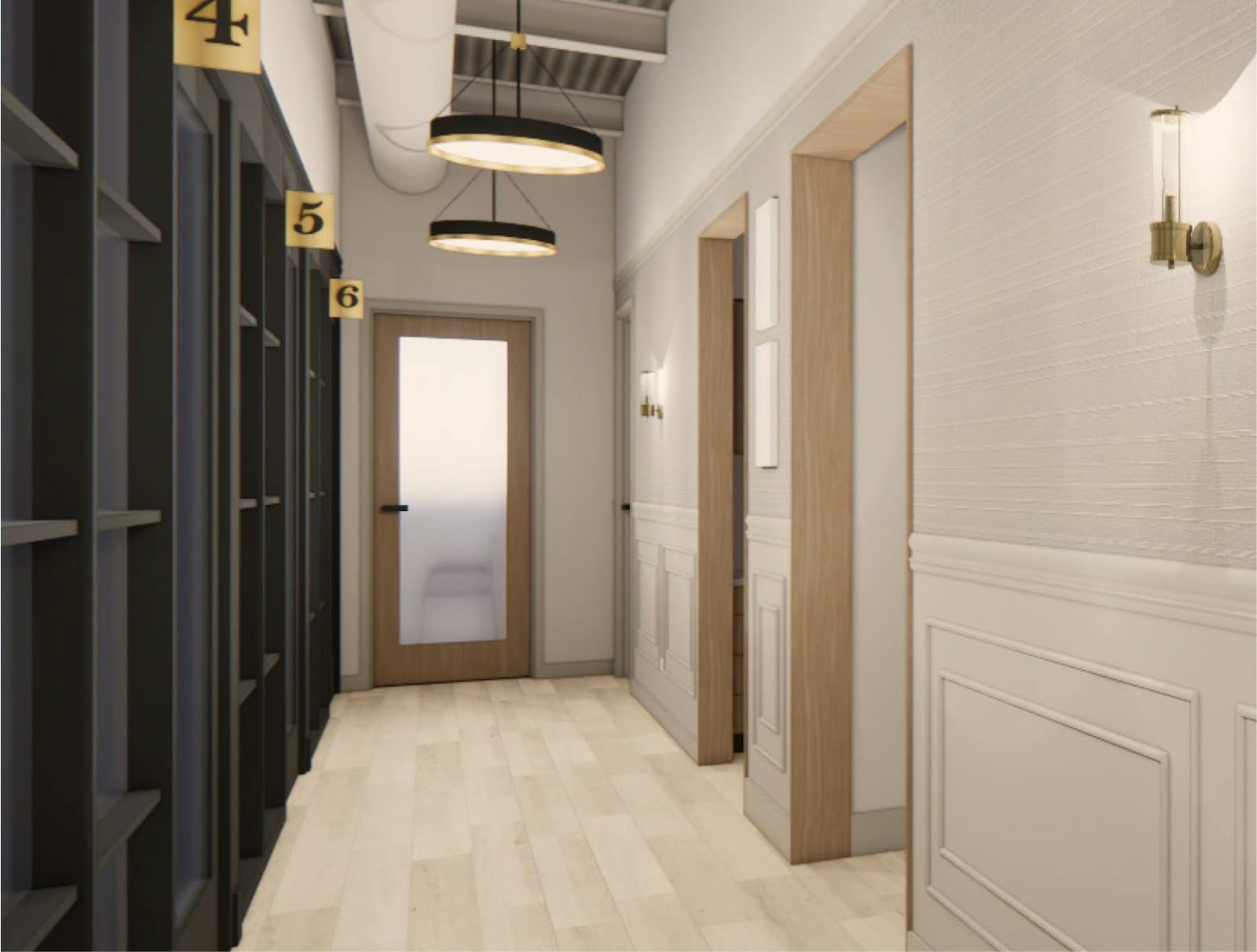Our peroneal nerve decompression therapy in Denver is a procedure used to reduce pressure on the peroneal nerve and to remove any lesions that may be caused by conditions such as trauma, compression, or nerve sheath tumors.
What is the Peroneal Nerve?
The common peroneal nerve, a branch of the sciatic nerve, is responsible for providing sensation to the front and sides of the legs as well as the tops of the feet. In addition, it governs the muscle movements that allow us to lift our ankles and toes up (dorsiflexion). A mild injury to this nerve can cause symptoms such as numbness, tingling, pain, or weakness. More serious injuries may manifest in a form of gait disorder called 'foot drop', which leaves people unable to flex their foot upward at their ankle. Foot drop is also a possible outcome of other conditions including herniated discs.











